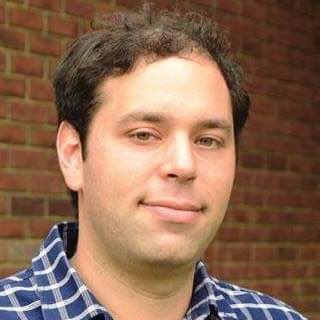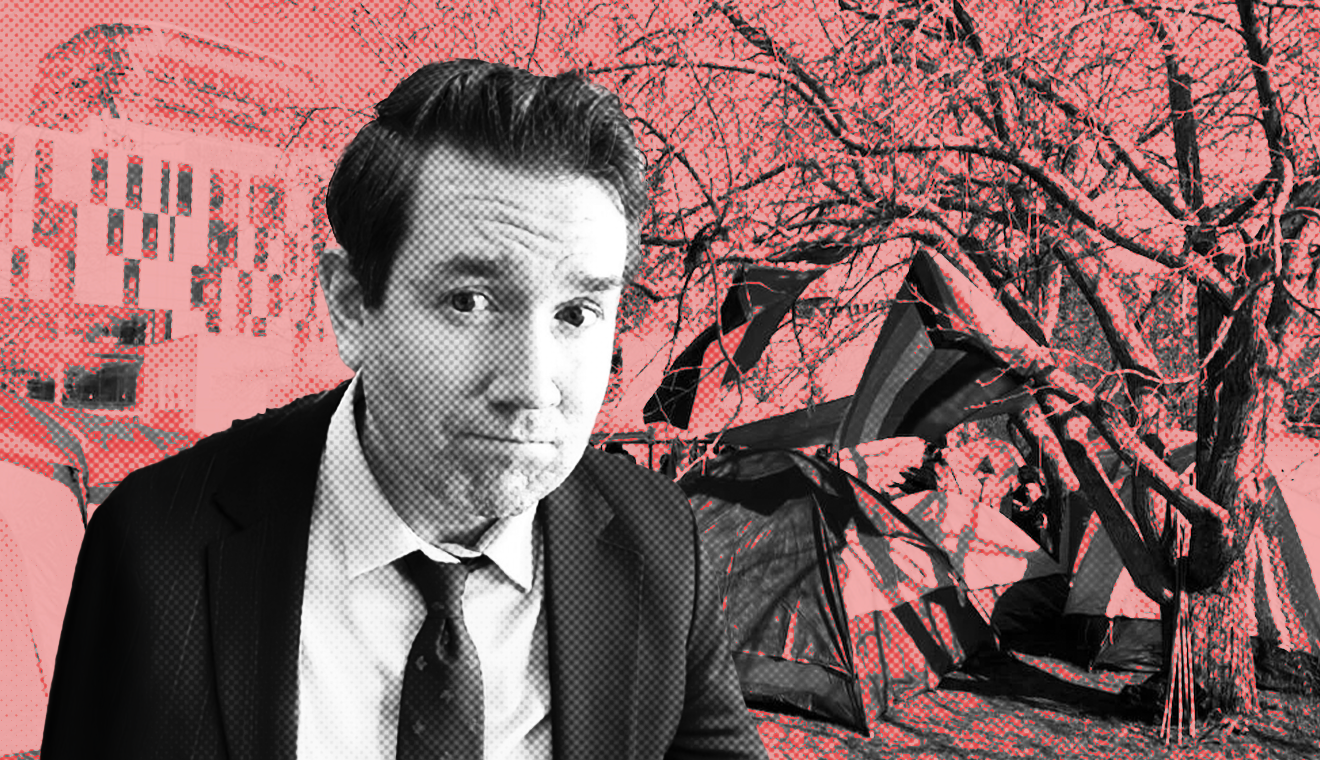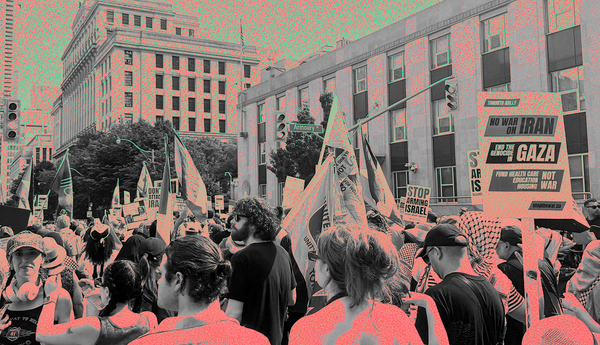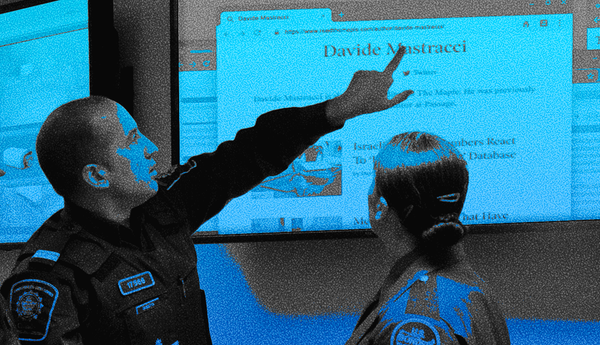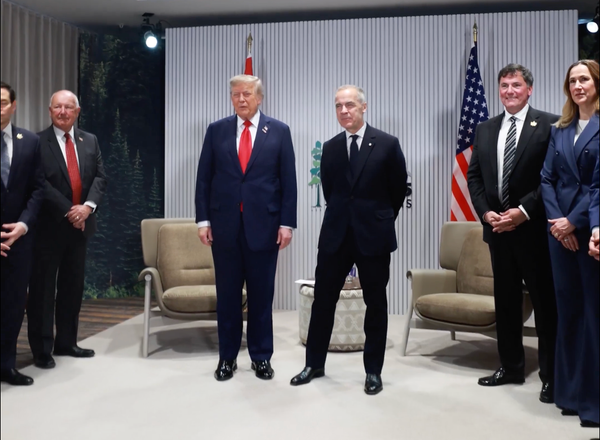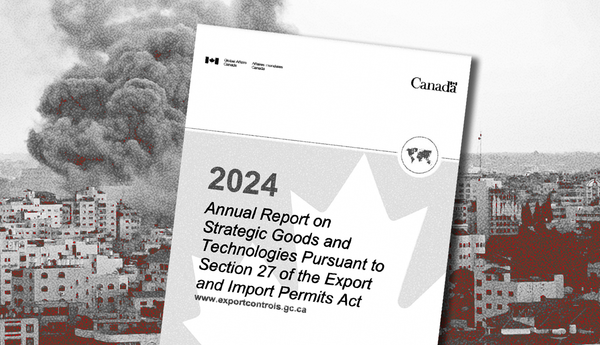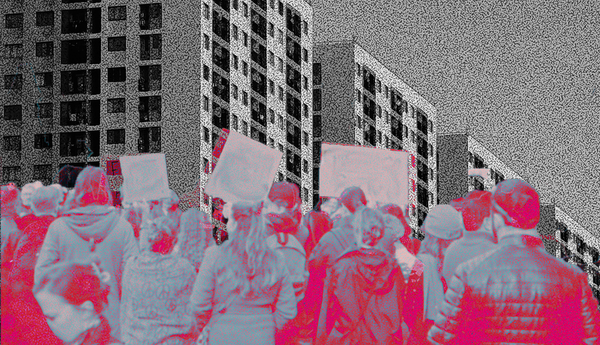A star Liberal Party candidate was involved in the University of Calgary’s decision last year to call police to campus to forcibly dismantle a pro-Palestine encampment on the same day it was erected.
Corey Hogan, who announced his nomination as the Liberal candidate for Calgary Confederation on April 1, is a member of UCalgary’s executive leadership team as vice-president (communications and community relations), a role he’s held since April 2024.
The Calgary Confederation riding includes the UCalgary campus.
Hogan is replacing the previous Liberal candidate for the riding, Thomas Keeper, who was dropped after he failed to disclose an old domestic assault charge that was stayed.
Hogan will be running against former United Conservative Party MLA Jeremy Nixon, who is running for the Conservatives, as well as NDP candidate Keira Gunn, Green candidate Richard Willott and People’s Party candidate Artyom Ovsepyan.
In a news release announcing his candidacy, Hogan described it as a “fantastic opportunity to step up and serve” his community and country, presenting himself as “someone with real world experience that isn’t rooted in far-right ideology.”
In addition to his administrative role at UCalgary, Hogan co-hosts the popular political podcast The Strategists, alongside fellow Calgarians Stephen Carter and Zain Velji.
Hogan served as the head of government communications for both former NDP premier Rachel Notley and former UCP premier Jason Kenney, according to his UCalgary profile.
The pro-Palestine encampment at UCalgary last spring was part of a broader student movement across North America calling on universities to disclose their investments and divest from those complicit in Israel’s assault on Gaza, which has been declared genocidal by a UN special committee, Amnesty International, Human Rights Watch, and a growing number of genocide studies scholars.
In his executive leadership role at the university, Hogan was a key player in providing a rationale for the UCalgary administration’s decision to ensure the pro-Palestine encampment wouldn’t even last 24 hours.
Directive to Suppress Protest
Documents obtained by The Orchard through a freedom of information request reveal the lengths that UCalgary’s administration went to ensure there would be no long-term pro-Palestine encampment on campus.
On April 29, less than two weeks before the encampment was set up, the executive leadership team issued a directive that expressly prohibited tents or “temporary structures,” as well as overnight protests on campus, despite UCalgary’s 25-year history of allowing encampments to protest the increasing cost of tuition.
In one of the emails included in the tranche of documents, Hogan claimed that the directive merely served “to clarify existing policies.”
But UCalgary law professors Jonnette Watson Hamilton and Shaun Fluker noted that none of the existing policies Hogan cited explicitly prohibited encampments, meaning the directive “substantially amends” existing policy.
They wrote that the directive was arguably “unenforceable,” since it didn’t follow university rules on amending existing policy.
The directive was used as a pretext for security to call police to campus as soon as the encampment went up early in the morning of May 9, with police setting up a makeshift command centre at the university’s McMahon Stadium soon after.
By 8:30 p.m., police dressed in tactical gear were in a standoff with encampment protestors, with liaisons running between the cops and protestors in an effort to diffuse the situation. The student leaders eventually agreed to take down the tents.
Around 11 p.m., after all the tents were removed and many of the participants had departed, officers charged with their shields at the remaining protestors, deploying pepper bullets and pepper grenades. Despite Calgary Police Service and UCalgary’s denials, at least two people suffered concussions from the police assault.
Less than two days later, Edmonton police forcibly dismantled the pro-Palestine encampment at the University of Alberta, despite campus security having described it in internal correspondence as “extremely peaceful.”
On May 14, 19 UAlberta and UCalgary law professors signed an open letter arguing that their universities’ administrations and police violated students’ Charter rights to free expression, peaceful assembly, freedom of association, and to life, liberty and security of the person.
Protestors Blast Nomination
Katy Anderson, a UCalgary Ph.D. student who helped organize the encampment, suffered a concussion after getting hit in the head with a police shield on May 9.
She noted how Hogan “foregrounded” his administrative role at the university in his campaign announcement, “and yet as part of that role he has played a large part in the violation of students’ Charter rights and in making the campus he wants to represent less safe.”
“Hogan’s nomination is an insult to the campus community that the Liberal Party should be courting in order to win,” Anderson told The Maple. “How can university students, Hogan’s potential electorate, trust that he has their best interests in mind?”
During the police assault on the encampment, local writer and activist Euan Thomson was punched in the face three times by an officer who was wearing what Thomson said felt like weighted gloves, resulting in a concussion.
In an article for his newsletter, Thomson revealed how the university destroyed its record of correspondence with the police on May 9 (although the police maintained theirs).
He told The Maple that before nominating Hogan, the Liberals “should have required a full accounting of his actions” as a UCalgary administrator for his role in setting in motion a chain of events that led to police violence against a peaceful protest.
“Hogan’s nomination signals that the Liberal Party intends to continue supporting the genocide,” Thomson added.
The Calgary Confederation Liberal constituency association didn’t acknowledge The Maple’s inquiry into whether Hogan’s approach towards the student encampment was considered during his nomination process, nor did the candidate acknowledge an inquiry sent to his personal email.
Hogan appears to have few regrets about his own role in the university’s approach towards the encampment.
Asked on Bluesky about his role in removing the student encampment, Hogan maintained that students “have the right to protest, but not the right to establish an encampment - the courts and judges who reviewed it have largely sorted that out.”
“University space is for everyone and cannot be used to the exclusion of one group on an ongoing basis,” he added.
Hogan didn’t cite any specific court rulings, nor any instances of “the exclusion of one group on an ongoing basis” from campus spaces.
In a separate post, he wrote: “It was a terrible night. Does not mean enforcing the policies was the wrong decision, for the reasons I’ve listed.”
In response to a similar line of questioning, Hogan compared the encampment to the far-right Freedom Convoy that occupied parts of downtown Ottawa during the first few weeks of 2022.
“It was very difficult but if Convoy 2.0 showed up in [the] main quad and camped until we ended ‘woke policies’, how would you expect the university to act?,” he wrote.
Hogan, responding to a question on his position on the war in Gaza, indicated he supports a “durable ceasefire.”
“The [Oct. 7, 2023] Hamas terror attack was a tragedy, Israel has a right to defend itself - any nation would - but there’s a line between defence and offence - and this has been going on too long and at too great a burden,” he wrote.
Israel and Hamas agreed to a three-phase approach towards a long-term ceasefire in January, but the Israeli government refused to move beyond phase one, opting instead to resume its war in March in order to implement U.S. President Donald Trump’s plan to ethnically cleanse Palestinians from Gaza.
Voters Encouraged to Question Candidates
Vote Palestine is an initiative asking candidates from all parties to sign onto its pledge to support a two way arms embargo on Israel, protect freedom of expression on Palestine and combat anti-Palestinian racism, recognize the State of Palestine, end Canadian complicity in illegal Israeli settlements, and properly fund relief efforts in Gaza, including the embattled UN Relief and Works Agency for Palestinian refugees.
Dania Majid of Vote Palestine said that since her organization is non-partisan, it doesn’t comment on specific candidates or parties.
But, she added, the purpose of the initiative is to encourage voters to “question and ask their candidates their position on Palestine, and specifically the Palestine pledge, in order to inform themselves and get a better sense of whether or not this is someone that will represent them, and to make sure those candidates know that Palestine is an issue of concern for them.”
“I’m happy to see that people are, whether it be through social media or within the community, challenging this particular candidate’s stand in regards to the encampments and trying to assess what his true position is on Palestine,” said Majid.
“Hopefully, when we have enough candidates being confronted and we’re seeing many candidates endorsing the platform, this will send a broader message to the party.”
As of the time of writing, nine Liberal candidates have endorsed the Vote Palestine pledge, including seven incumbents.
Jeremy Appel is an independent Edmonton-based journalist and the author of Kenneyism: Jason Kenney’s Pursuit of Power.

